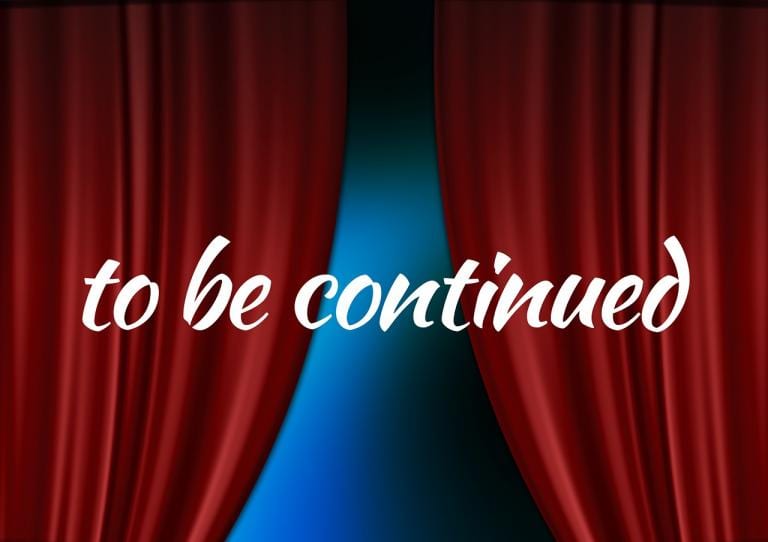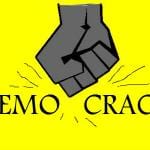Lloyd focuses on films, saying that 1999 was “the last imaginative year of mainstream American cinema.” Now there is hardly any originality, as Hollywood concentrates on “sequels, remakes, franchise extensions, products shaped from existing intellectual properties,” such as old comic books from sixty years ago.
Lloyd blames the once-creative Disney Corporation, which today dominates the American film industry financially and which the few remaining studios that Disney has not purchased seek to emulate. “In film it is Disney that’s most responsible for driving the culture into a ditch,” he says. “On a creative level it has been gruesomely disenchanting to watch them harvest audiences’ nostalgia for pictures that are barely a few decades old.” (Notice that Disney is now taking its animated classics–many of which were indeed masterpieces especially when Walt was alive–and remaking them with ersatz live-action animated technology, as in the new Dumbo, Jungle Book, Beauty and the Beast, Aladdin, Lion King, etc.)
Star Wars was a genuinely creative and innovative series, Lloyd observes, but then Disney bought the franchise from their creator George Lucas. “In the last seven years Disney has released four Star Wars movies, each worse than the last,” Lloyd says. “Incredibly, their creative teams have managed to make movies that are slavishly imitative of Lucas’s originals, as well as alienatingly different from them.”
What has happened to American movies has also happened to American music. So says Ed Driscoll, who applies Lloyd’s point to rock music, which has become an “exhausted genre” fixated on “nostalgia.”
I myself am interested in literature and the arts, and I have to agree with David Hockney that “most fields of art and culture seem to be stuck somehow.”
Even for the avant garde, it is as if all of the experimentation has already been done. The attempts to be “transgressive” no longer shock, since we have seen them all before. The same holds true for politicized, sexualized, and group identity art.
Meanwhile, literary and artistic critics and theorists are rejecting concepts such as beauty and aesthetics, insisting that works of art are nothing more than impositions of power, and artists are little more than tools of the oppressors. If the works of the past are this way, why should we think contemporary artists and writers are any different–unless, of course, they are “transgressive” of the ruling order, but that still leaves their art as being determined by that order. So why should anyone care about them?
With the loss of any kind of transcendent worldview, art loses its meaning and its value, turning into just one more commercial commodity. As our culture repudiates its foundational institutions–family, nation, education, religion–of course the arts, from the high to the low, will lose their vitality.
Now, having said all of this, I must also point out that intellectual, artistic, and cultural deadends are often the heralds of renewal and Renaissance.
Perhaps it is already happening.
Part of the problem is the fragmentation created by our information technology. Network television was all about broadcasting to the largest mass audience possible, but digital television–as well as the internet as a whole–makes possible narrowcasting to niche audiences and catering to the tastes of individuals.
There are likely highly original works of film, art, literature, and music. But they are known only to a few. Even as the new technological media makes new work more accessible, the torrent of uncurated information also makes it more difficult to know about.
Certainly, the new technology has made possible new art forms, such as video games and short-form videos. Musicians are no longer dependent on getting a record deal to share their music with the world, but can do so with a YouTube video, which may well find an audience. Authors and poets can now bypass publishers playing the role of gatekeepers by putting up their works directly on Amazon.com.
And on a larger scale, it has been said that we are in a new golden age of television, that the innumerable channels of streaming TV has overtaken cinema in its innovation, artistry, and absorbing drama. After all, a movie can show us a story that lasts only a couple of hours. A Netflix series allows us to binge watch a story that develops over ten or sixteen or twenty-one hours or more, allowing for a depth of character and twists of plot that were unimaginable in the one-hour time slots of traditional TV. And writers, producers, and actors are creatively meeting the challenge of the new media.
So, I ask you seriously, as I did rhetorically above, what new styles are you aware of? What TV shows, novels, poetry, films, music, paintings, digital art, etc., etc., have you discovered that are exceptions to the alleged “imagination recession”?
Image by Gerd Altmann from Pixabay













